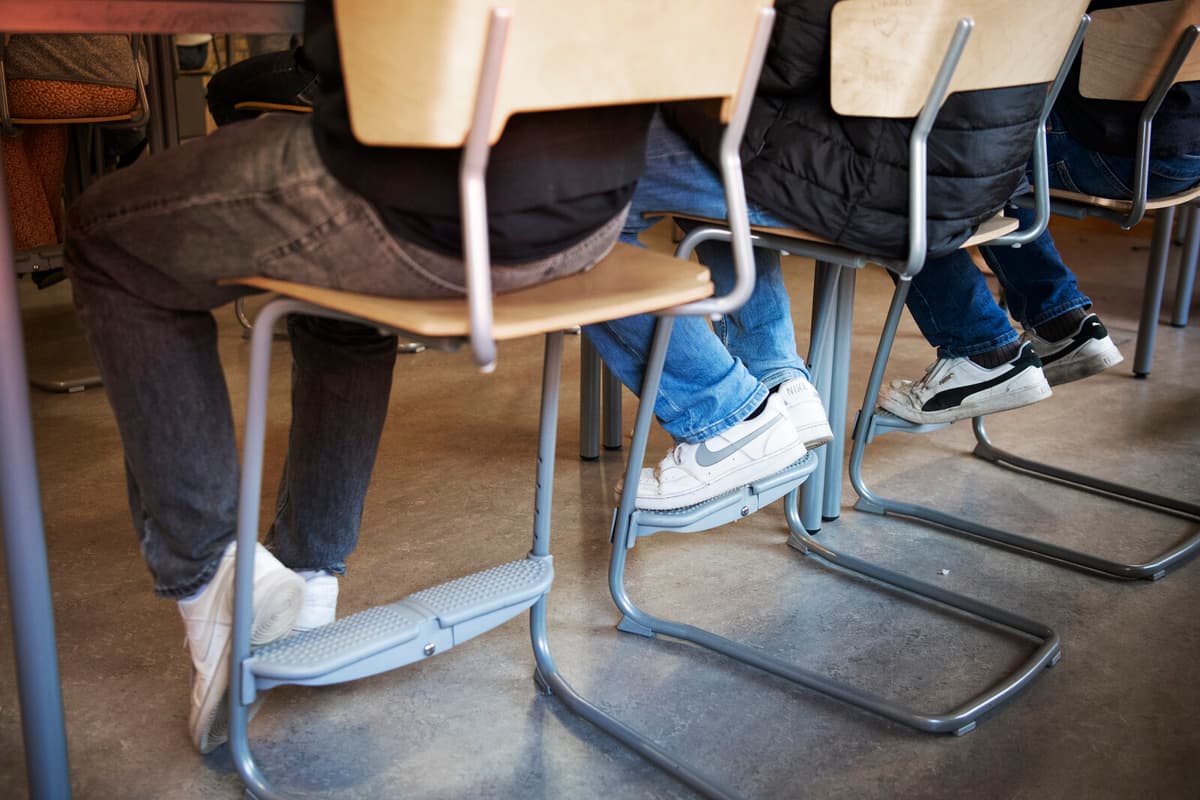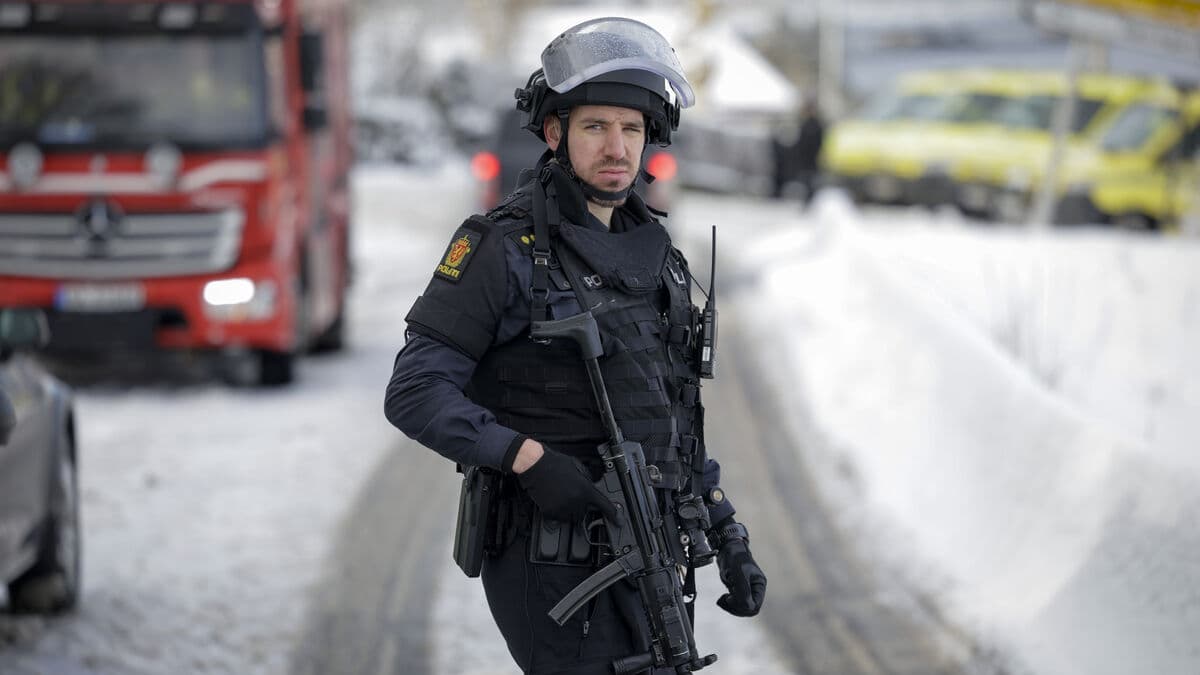It is the School Inspectorate that has reviewed the teaching at a selection of upper secondary schools that have permission to use English in more subjects than language. Such schools have increased sharply in number, from 16 schools in 2011 to 145 schools this year.
Primary schools that are allowed to teach in English can employ teachers with foreign teacher training on a permanent basis.
But the use of English as a language of instruction is often unreflective, according to the School Inspectorate. There is a lack of a clear strategy for how students should acquire both subject knowledge and develop in English at the same time. Instead, it seems that there is an assumption that lectures in English automatically make students better at the language.
During school visits, the School Inspectorate noted that teachers usually ask questions in English, but that it is only a few students who answer and then do so very briefly. It is rare that joint discussions are held in English.
Students can choose to use Swedish when they speak and write tests, which many do. This causes problems in cases where teachers do not master Swedish. It happens, for example, that colleagues have to step in and correct tests.
The School Inspectorate writes in its concluding discussion that the reviewed schools often emphasize the importance of mastering English in a globalized world. "It is therefore surprising that so little is spoken and discussed in English in the classrooms."






